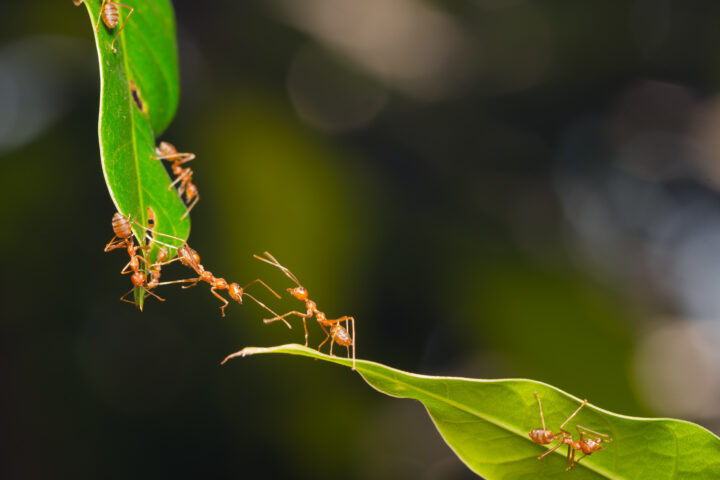
Eastern Switzerland's Wine Harvest: It is not possible without plant health protection
The summer of 2021 will probably remain in the memory of the Eastern Swiss winemakers for a long time to come. The wet cold weather with hail storms causes major crop failures. The mildew, which could spread easily due to the moisture, is an additional aggravating factor. The financial damage is also serious.
Wednesday, September 15, 2021
As the "St. Galler Tagblatt" reports, 206 hail insurance claims have been reported in the regions of Zurich, Thurgau and Schaffhausen this year. Of 13,000 hectares, around 320 are affected. But the numbers are likely to be much higher. Where the hail is not responsible for the crop failures, the culprit is mildew. The fungal disease spreads especially in wet conditions and spreads a white layer over the vines until the grapes finally dry out. The frosty spring was followed by an exceptionally wet May. Many winemakers treated their vines too late with pesticides.
Difficult fight against mildew
The fight against the mildew was particularly difficult for the winegrowers this summer. In many places, the soil was so soaked and softened that tractors could not be used for the application of fungicides. A further bitter pill for the winegrowers to swallow was the fact that damages caused by mildew and other plant diseases cannot be insured. Although the effect of plant protection products wears off in heavy rain, they cannot be applied without spraying, says Christian Roth, president of the Schaffhauser Wein trade association.
New crop protection products blocked
But there is another problem that could get worse in the future. New plant protection products are hardly reaching the market at the moment because they are blocked by environmental associations: "Over 100 active substances for plant protection products are blocked. This makes it difficult to be innovative," says Stefan Odermatt of Syngenta in the "St. Galler Tagblatt". For example, the resources available to winegrowers are threatening to become increasingly scarce. Nevertheless, the Eastern Swiss wine farmers have not yet completely abandoned hope. With a golden autumn, there could still be a small but decent wine harvest.
Blockade on the approval of new plant protection products
The Swiss authorization system for plant protection products is blocked. This is not just a problem for the research industry, because new crop protection products are often safer and more environmentally friendly than older products. It is a major problem for Swiss farmers in particular, because they have available to them increasingly fewer different active substances due to the withdrawal or prohibition of plant protection products. However, if the same active ingredient is always used, resistance is rapidly developed – the pest or disease becomes immune. We know what that means from the discussion about antibiotic resistance.
Blindspot article
Related articles

Ant infestation threatens Zurich communities
An invasive ant from the Mediterranean region is spreading rapidly in the canton of Zurich, threatening communities, construction projects, and agriculture. Insecticides could help—but their use remains severely restricted.

Genetic scissors for the future – soon in Switzerland too?
Genome editing is seen as a promising way to make agriculture more sustainable and climate-resilient. But Switzerland is hesitant to approve it. A popular initiative even wants to ban it. But what can CRISPR really do?

Less than 50 percent: How Switzerland is squandering its self-sufficiency
Swiss agriculture is under enormous pressure. Extreme weather conditions, pests and increasingly stringent regulations are putting producers under strain. As a result, self-sufficiency is falling dramatically, especially for plant-based foods. To ensure food security in Switzerland, effective plant protection products are urgently needed.

Only half the truth in the genetic engineering debate
Those who only see the risks remain blind to the opportunities offered by a new technology. Opponents of genetic engineering have presented a new survey on new breeding methods, which reveals some telling gaps.

